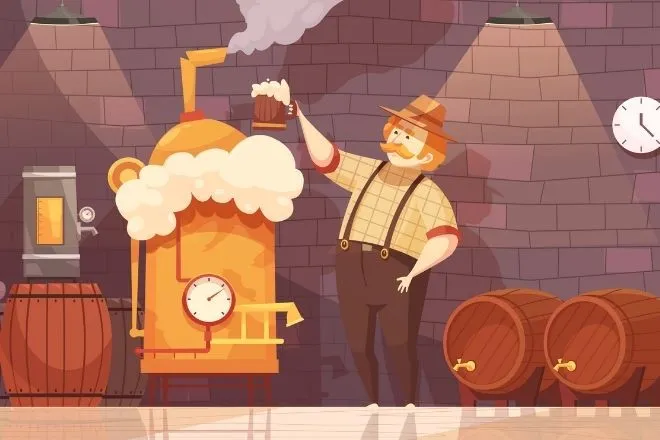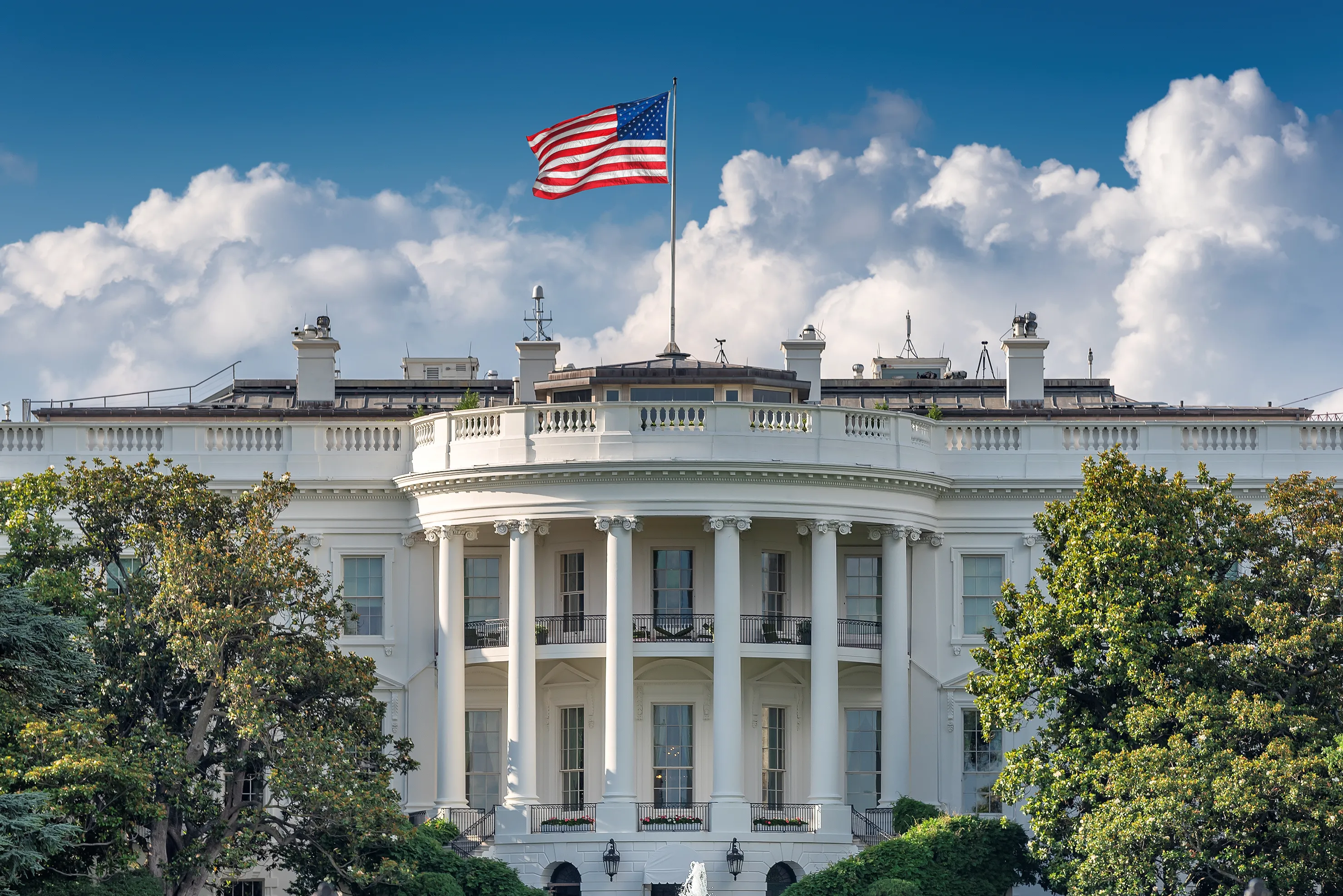
Commentary - Kansas nonprofits tour state to raise alarm over impending federal cuts
Much like Superman, Batman and Wonder Woman joined forces to fight evildoers as the Justice League, so the Alliance for a Healthy Kansas, Kansas Action for Children and Kansas Appleseed joined forces to combat apathy and misinformation with a recent cross-state tour.
The three nonprofits aimed to inform residents about H.R. 1, the tax and spending package touted as a “big, beautiful bill” by President Donald Trump. As we’ve written repeatedly, that law literally takes resources from the poor through cuts to Medicaid and food stamps and gives them to the rich as tax cuts. All three organizations raised alarms as the bill was being debated, and while some of its roughest edges have been sanded down, daunting problems remain. Members spoke to audiences in Iola, Garden City, Hutchinson and Manhattan toward the end of September and beginning of October.
To learn more, I sat down to talk with April Holman of the Alliance, Adrienne Olejnik of KAC and Haley Kottler from Appleseed. Here are a handful of big worries and small mercies from our conversation.
Why go on tour?
Kotter: “I think we really wanted folks to understand how deep the cuts went in this bill. I think a lot of people had heard ‘one big, beautiful bill.’ They had heard that President Trump signed it on the Fourth of July, and they maybe knew some of the top provisions in it. But I think what was unique about this was standing together on several different issues and showing how they all interconnect.”
Holman: “Our hope was that people would walk away understanding that even though this is a huge bill and the health care cuts might be very weedy in terms of the policy, that impact was going to be really significant in Kansas, among people that they knew, and perhaps among themselves even. … To put that accountability piece into the work is important to us.”
What’s happening now?
Kottler on SNAP: “The biggest threat right now immediately is that there are some cuts that are going to go into effect on Nov. 1. For the first time ever, parents are going to be subject to work requirements. … For the first time ever, parents with children 14 or over are going to be subject to 30-hour-a-week work or training requirements. Additionally, seniors up to 64 are going to have to have these work requirements as well. And that’s just one piece of this puzzle. Those are the most immediate.”
She also highlighted increased SNAP cost sharing with the state: “We’re hearing from other states that their agencies are saying, ‘We don’t know how we’re going to even run the program,’ and I think that’s a risk that Kansas will will face as well. So we’re really going to be in a bind on SNAP in the next couple years.”
How do Kansans feel?
Olejnik: “People are already seeing impacts in their communities. H.R. 1 is just one piece of what we’ve already seen in cuts from the state over the years, from the federal government in other ways and other spending programs this year already. So it feels like just one more thing now that they’re going to have to worry about. They already have stories of impact to share before H.R. 1 is even coming to their community and hitting programs like Medicaid, SNAP. We heard from churches who are struggling to feed people. We heard from child care providers who are really concerned about impacts on the families that they serve, and they don’t know how they’re going to meet some of their basic needs. So it was really a hard conversation, but it was important to have.”
What does the shutdown mean?
Kottler: Without action, “SNAP benefits will not go out in Kansas in November, or until the government shutdown is discontinued. We’ve heard from the state agency that they need about 72 hours to put out benefits. So Oct. 28 is kind of the drop dead date for benefits to go out on time in November for SNAP. … I was up until 1 in the morning talking to someone who does food pantry work, who has just been inundated with families this week because they are worried about their benefits going away.”
Holman on Affordable Care Act plan costs: “There are going to be a lot of people across the country who are expected to lose their coverage, and in Kansas, we think that it could increase the level of uninsured Kansans by as much as 27 percent. It’s going to mean a really significant increase in the cost of those plans, an average of 77 percent, so that is enormous. … We’re getting to the point where open enrollment is going to happen, the higher costs are going to be baked in to next year’s premiums for people.”
What gives you hope?
Olejnik “We’re really hoping that Kansans keep paying attention, and they keep connecting the dots to what is happening, and they share their feedback — the stories about the impact of these federal changes — with each other and with their lawmakers. Secondly, it is not too late ever for the federal government and Congress to make different choices. We know that’s why we’re in a shutdown right now, because of the impact of these advanced premium tax credits” for ACA plans.
Finally, Olejnik asked: “What are state lawmakers going to do with all of this? They have some really tough decisions ahead, and when they come back to their regular session in January, they’re going to be confronted with quite a few of those.”
















